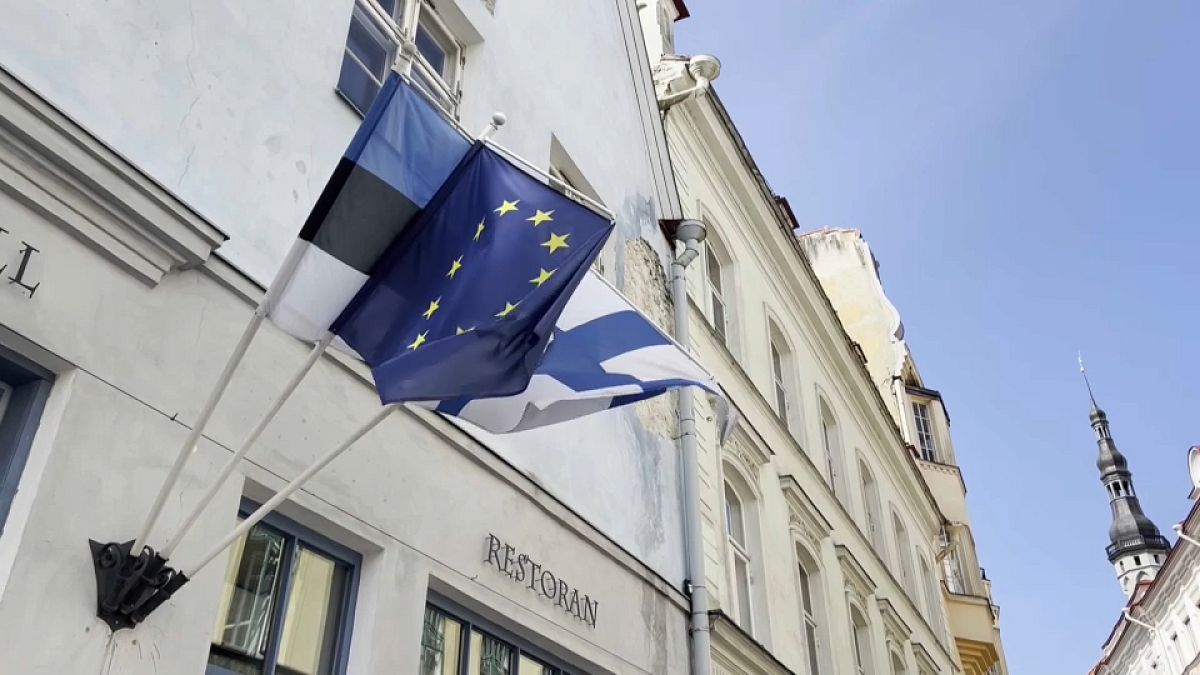The upcoming European Parliament elections have sparked conversations among the Russian community in Estonia. With nearly 300,000 Russians living in the country, their participation in elections is significant. Historically, Russian-speaking candidates tend to garner their votes. Jana Toom, a popular candidate among this demographic, has a strong support base of pro-European individuals who distance themselves from Kremlin’s actions. Toom emphasizes the need for political unity in Estonia and rejects the idea of holding Russian-speaking children responsible for Putin’s actions.
For young Estonians from Russian backgrounds, the focus is on finding a candidate who understands and represents the struggles of the Russian minority within the country. Maria Derlos, an ethnic Russian voter, believes that the chosen candidate should be empathetic towards the challenges and opportunities faced by the Russian-speaking community, rather than disregarding them. This need for representation highlights the desire for unity among various ethnic groups in Estonia.
However, not all views within the Russian diaspora in Estonia align with this sentiment. Aivo Peterson, an MEP candidate with pro-Russian inclinations, has faced legal trouble due to allegations of collaborating with Russian special services. Anvar Samost, head of news at Estonian public broadcaster ERR, highlights the irony of a candidate friendly towards Putin facing charges and being in pre-trial detention. These differing perspectives within the Russian community showcase the complexity of political opinions and allegiances.
One of the key challenges faced by the Russian community in Estonia is the lack of Estonian citizenship for some individuals, despite residing in the country for an extended period. This complicates their ability to engage fully in the democratic process, as not all Russians living in Estonia will have the opportunity to vote in the upcoming EU elections. The issue of citizenship and its implications on political participation highlights the need for inclusivity and representation within the Estonian political landscape.
As the EU elections draw near, the Russian community in Estonia is actively engaged in discussions about their priorities and challenges. The varying perspectives within this demographic underscore the diversity of opinions and allegiances present within the country. From those who support pro-European candidates to individuals with pro-Russian leanings, the Russian community’s political landscape is multifaceted. The upcoming elections will undoubtedly be a significant moment for the Russian population in Estonia, as they navigate their political identities and priorities within the broader European context.































